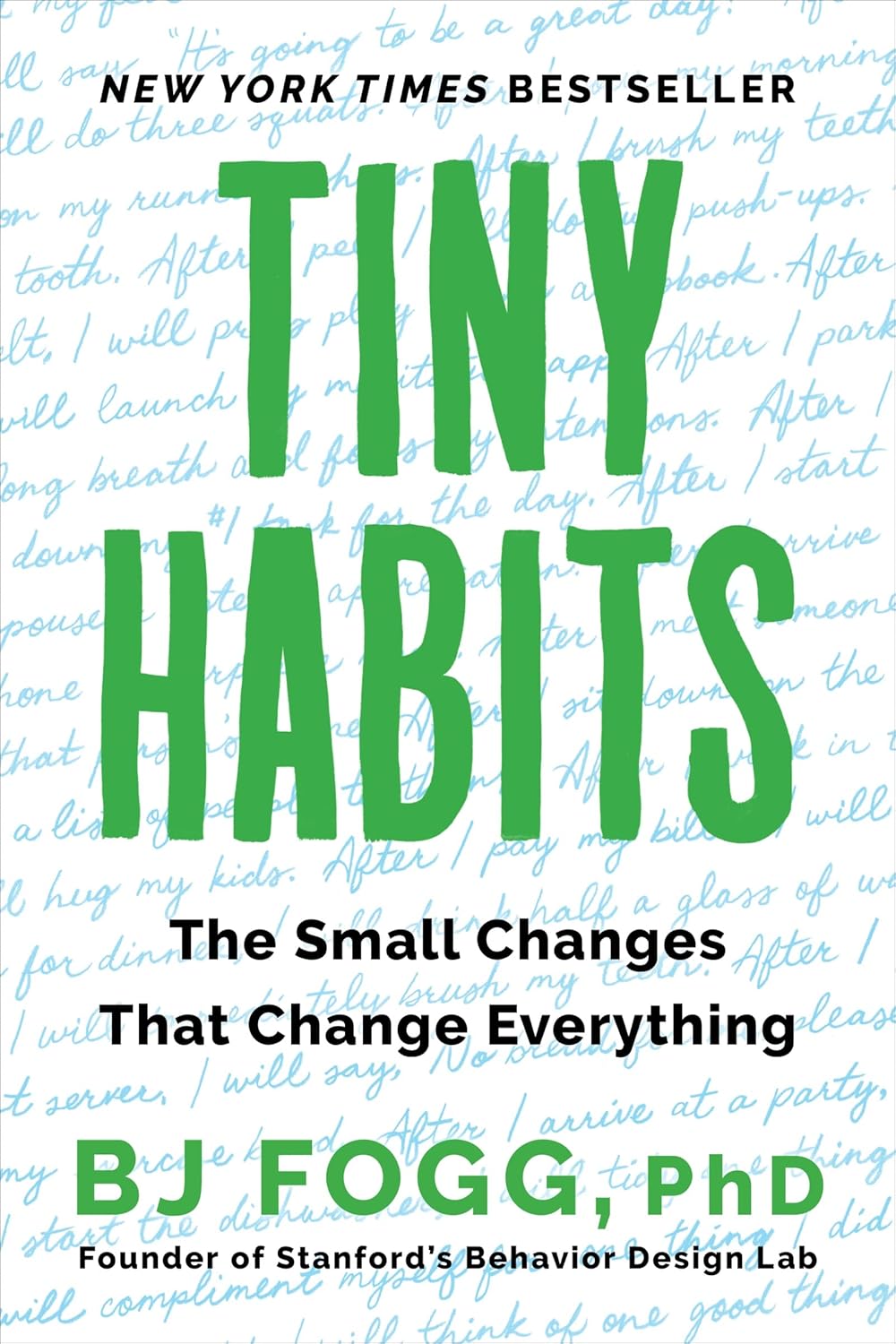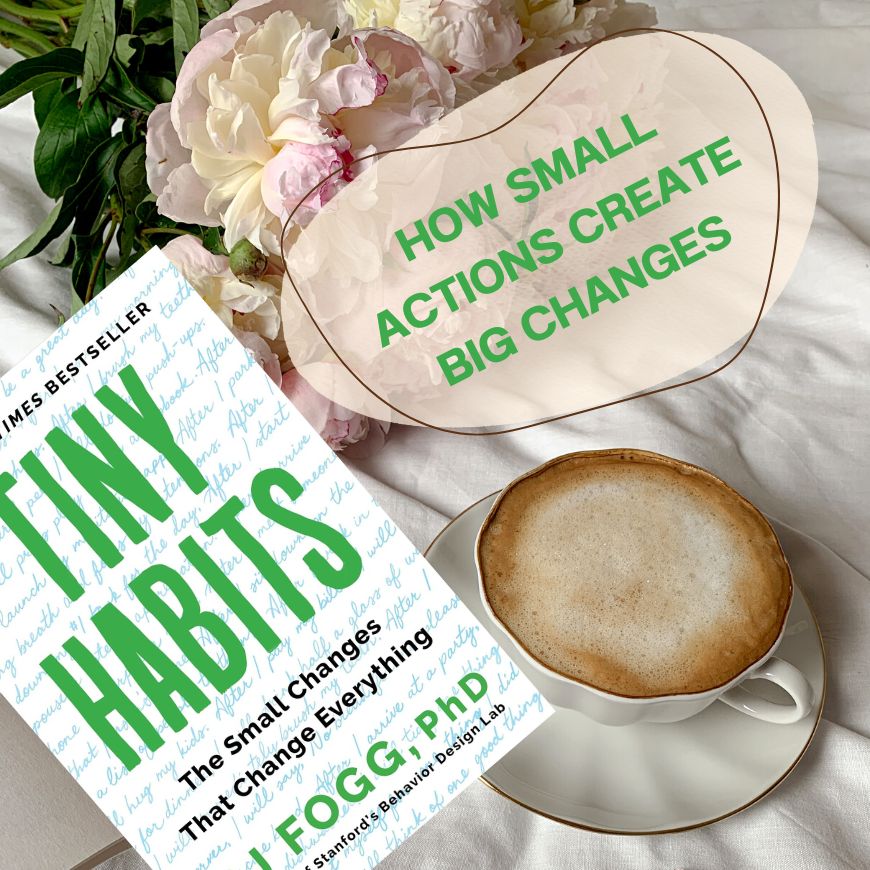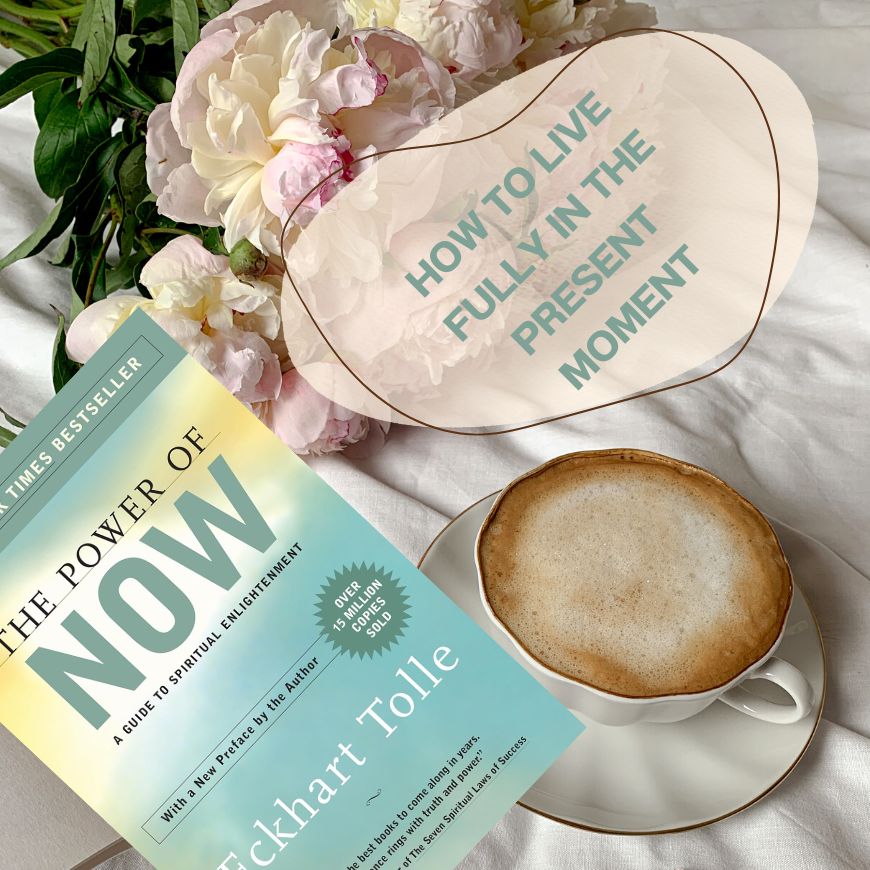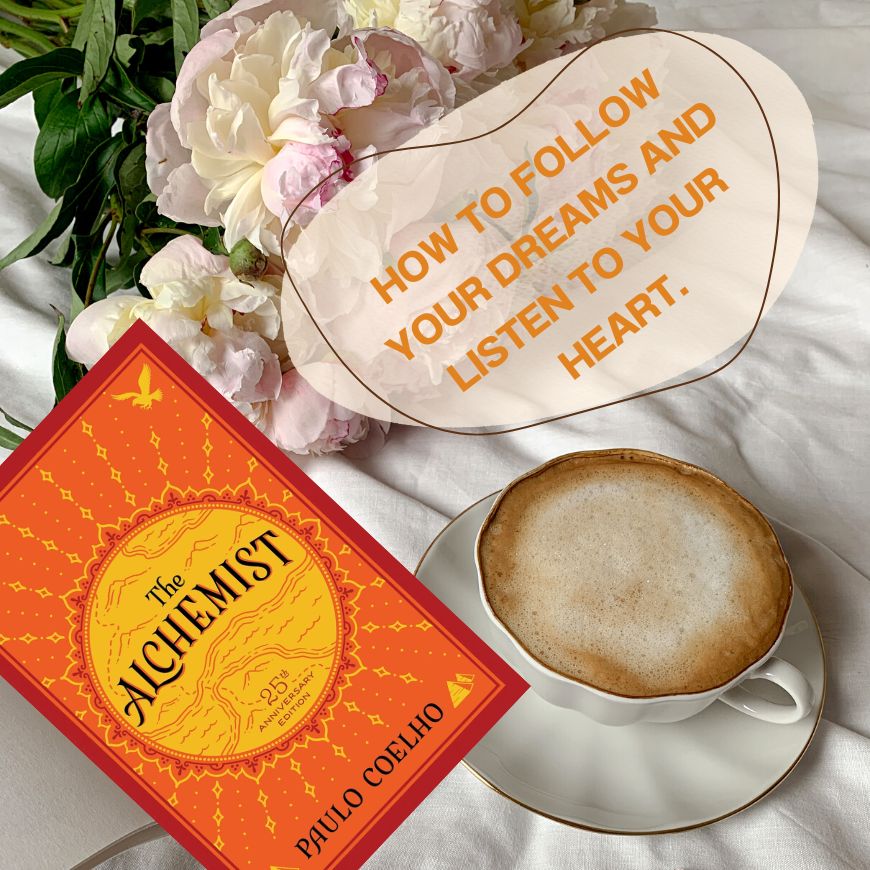
Author: BJ Fogg, PhD
Tags: how to build habits, habit change tips, start small habits, abc formula habits, how to break bad habits.
Introduction
If I told you that flossing one tooth could completely change your life, you might laugh.
But that’s exactly the idea behind BJ Fogg’s groundbreaking book, Tiny Habits.
BJ Fogg, a Stanford behavior scientist, has spent decades studying how humans form and keep habits. His approach isn’t about willpower, waking up at 5 AM, or punishing yourself into discipline. Instead, it’s about starting so small, you can’t fail—and letting those small wins snowball into massive transformation.
Why Tiny Habits Work
The Tiny Habits method is built on a simple truth:
Small wins create momentum.
When you start with an action so easy it feels almost silly, you bypass the mental resistance that usually stops you. Want to floss daily? Start with one tooth. Want to get fit? Do one push-up. Want to meditate? Take one deep breath.
These starter steps lower the barrier to action. And once you’ve started, you often find yourself doing more without forcing it.
Why Motivation Alone Fails
Motivation is like a toddler—it’s unpredictable, short-lived, and prone to tantrums.
Relying on motivation alone is a recipe for inconsistency.
BJ Fogg’s solution? Design your environment so habits happen automatically. One of the easiest ways to do this is by anchoring new habits to existing routines. For example: after brushing your teeth (the anchor), floss one tooth (the habit). This way, you’re building on a behavior you already do daily.
The ABC Formula for Habits
BJ’s habit-creation formula is simple and memorable:
- Anchor – Link your new habit to something you already do.
Example: After I make coffee, I will do one push-up. - Behavior – Perform your tiny habit.
One push-up, one tooth, one deep breath. - Celebrate – Create a positive emotion immediately afterward.
Smile, fist-pump, or say “Yes!” to reinforce the feeling of success.
Why celebration? Because emotions, not willpower, lock habits into your brain.
The Role of Emotions in Habit Formation
Shame kills progress. Shine fuels it.
BJ emphasizes that feeling good about even the smallest success is the key to making habits stick. Flossing just one tooth and celebrating it rewires your brain to want to repeat that action. Over time, the habit naturally grows.
How Tiny Habits Grow Naturally
BJ compares habits to seeds—you can’t force a seed to become a tree overnight.
When you start small and succeed consistently, habits expand on their own.
Flossing one tooth often turns into flossing all of them. Doing one push-up turns into a quick workout. You don’t have to push harder; you just keep showing up.
Breaking Bad Habits the Tiny Way
The Tiny Habits method works for removing bad habits too.
Fogg suggests:
- Remove prompts – Keep triggers for bad habits out of sight.
- Add friction – Make the bad habit harder to do.
- Replace with positive actions – Swap the habit for a healthier, tiny behavior.
It’s not about self-punishment—it’s about making the unhealthy choice less automatic.
The Ripple Effect
One small habit often triggers a chain reaction. BJ calls these “pearl habits”—like a pearl forming over time. Start with a tiny health habit, and you may naturally begin to improve your diet, sleep better, or move more—because your self-image starts to shift.



